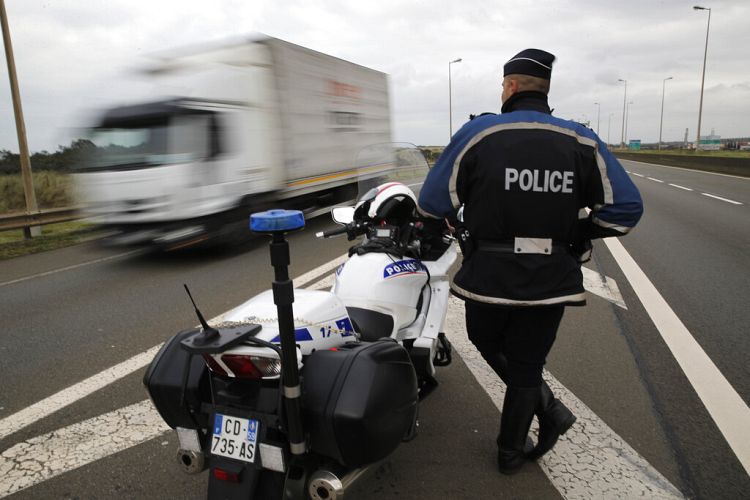 |
| Copyright Canva |
The EU has finally released a new timeline for the post-Brexit Entry/Exit System (EES) after multiple delays.
The EU's post-Brexit Entry-Exit System (EES) was initially planned for a 2022 launch, but was rescheduled for May 2023 and then postponed again until the end of last year. Despite several delays, it is now scheduled to finally launch this autumn. However, a significant number of UK adults admit they are unaware of how the EES will operate. Fortunately, ABTA - The Travel Association - has provided detailed information on how the EES will function in practice.
What exactly is the EU Entry/Exit system?
In simple terms, the EES is a new electronic system that will replace the physical stamping of passports during passport control upon arrival. All EU member states, except Cyprus and Ireland, where passports will still be stamped manually, and all four non-EU Schengen countries - Iceland, Liechtenstein, Norway, and Switzerland - will participate in this system. The system will record all entries and exits to and from the participating European countries. In other words, your movements will be tracked every time you enter or leave the EU or Schengen area. When the system is implemented, upon arriving in a new country, you will need to present your passport as usual, in addition to having a photo of your face taken and your fingerprints scanned electronically.
When EES is implemented, it will apply to the following individuals.
The EES will only affect individuals coming from non-EU or non-Schengen countries, while those who are already citizens of the EU or the Schengen countries will continue to have the freedom to travel within the area. This includes individuals traveling from the UK and other non-EU countries. The EES will specifically apply to those traveling for short stays, such as visits, holidays, or business trips, with a total duration of up to 90 days within a 180 day period.
 |
British passport holders with EU residency will not be subject to EES.
In most cases, EES checks will be conducted in Europe upon arrival at the destination airport or port. However, if traveling through the Port of Dover or via international train from the UK, the checks will take place upon departure while going through passport control on the UK side. This is due to the dual border at both locations (British and French), eliminating the need for additional checks upon arrival on the other side.
What is the ETIAS, which is scheduled to be implemented in 2025?
In 2025, the EU is set to implement the European Travel Information and Authorisation System (ETIAS), which will introduce new travel restrictions for visitors within the bloc.
Travelers planning to visit 30 European countries participating in the scheme will be required to apply for the ETIAS ahead of their trip. However, Ireland is exempt from this requirement as it is part of the Common Travel Area.
Similar to the USA's ESTA and the UK's ETA scheme, the ETIAS is expected to be launched in mid-2025, although the exact implementation date is yet to be confirmed. As of now, the system is not live, and applications cannot be submitted through the website. It's important to note that any websites claiming to offer this service are not official and should be avoided.
Once the ETIAS becomes official, visa-exempt travelers from third countries will need to apply for it at a cost of €7, with a processing time estimated to range from 30 minutes to 96 hours.
‘Put off’: Many UK adults unwilling to travel to Europe under new Entry/Exit Schemehttps://t.co/wtYF4jd7fP
— Euronews Travel (@euronewstravel) April 25, 2024
Put simply, if you are not a citizen of an EU or Schengen country and are planning a short visit to the EU, you will need an ETIAS. A "short stay" means a visit, holiday, or business trip lasting up to 90 days within a 180-day period. If you are traveling on a visa, you do not need an ETIAS. Similarly, if you hold a British passport and have EU residency, you also do not need an ETIAS.
What are the regulations for ETIAS once it becomes operational?
ETIAS will be priced at €7 for the majority of travelers, with exemptions for individuals under 18 and those aged 70 and above who will receive it for free. Each approved application will remain valid for three years, enabling the holder to undertake multiple trips within this timeframe using the same ETIAS.
However, there are important conditions to consider. If your passport expires during the validity period of your ETIAS, you will need to apply for a new one. Additionally, if your ETIAS expires during your visit, you will need to apply for a new one in advance to cover the duration of your stay.
